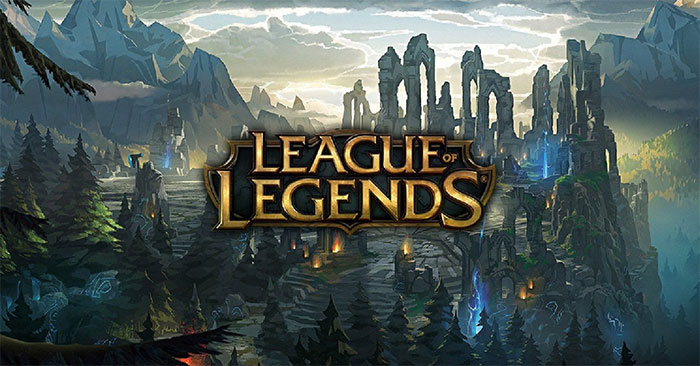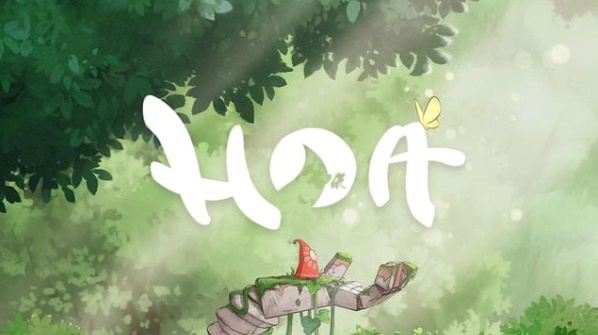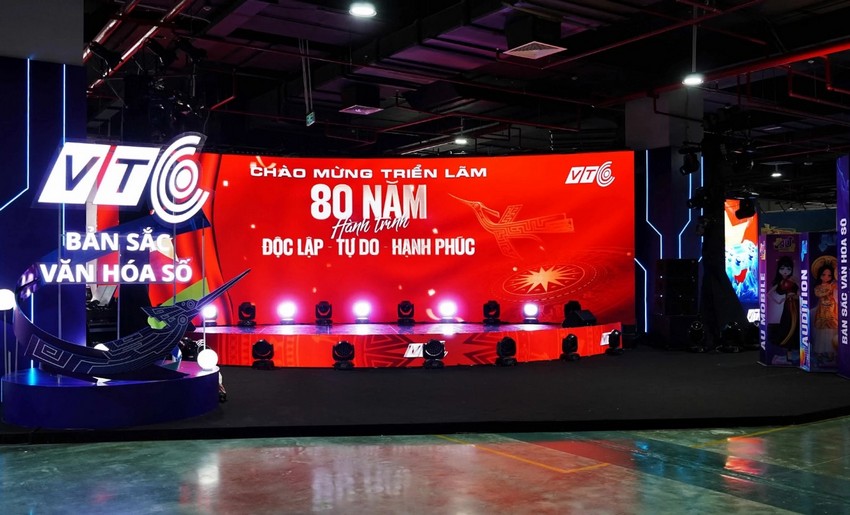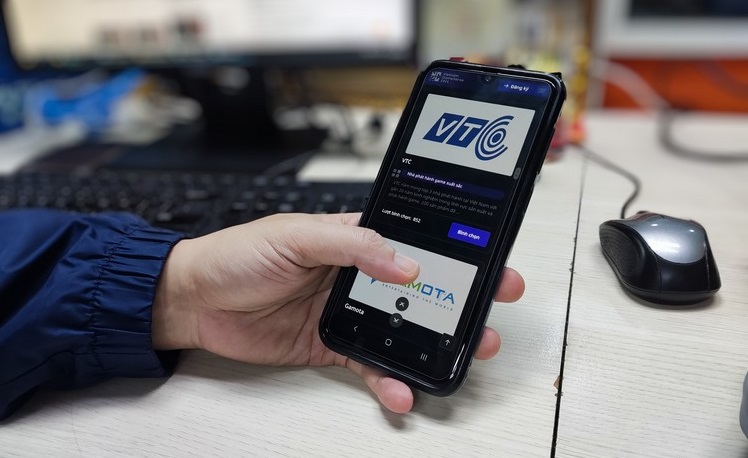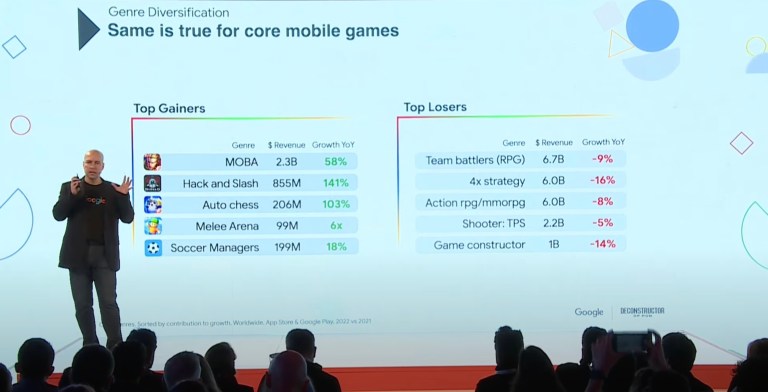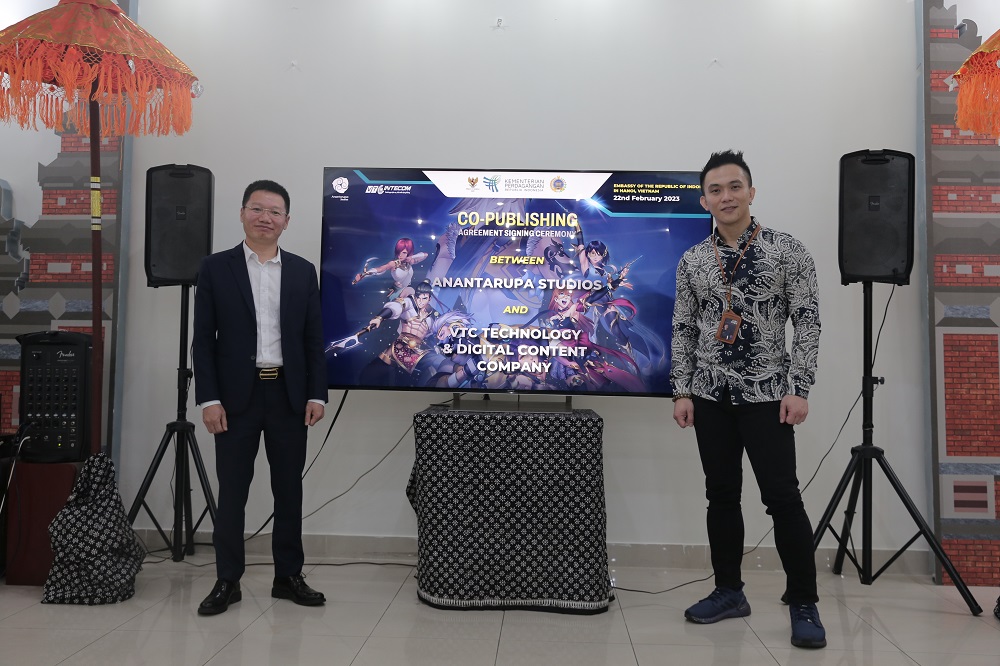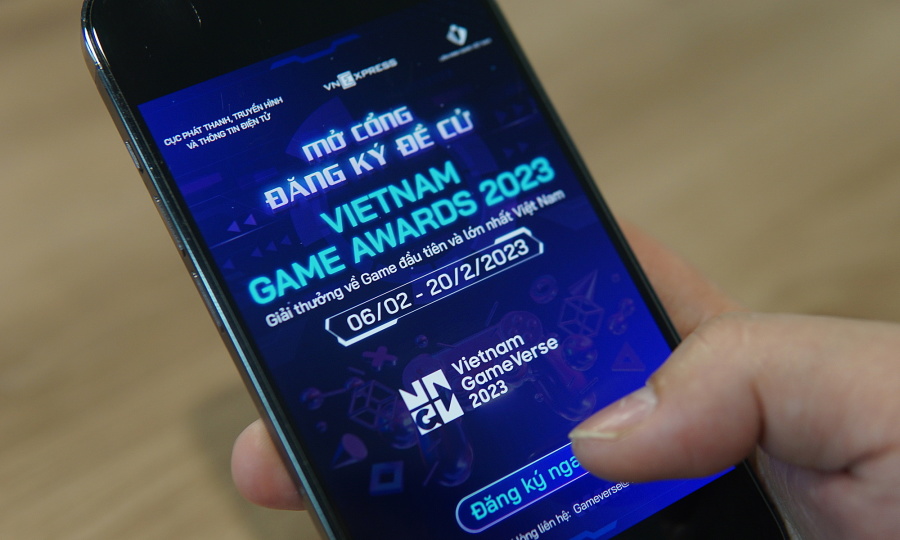Governing authority
Ministry of Culture, Sports and Tourism (MOCST)
Authority of Broadcasting and Electronic Information (ABEI)
115 Tran Duy Hung, Hanoi, Vietnam
Email: cucptth@bvhttdl.gov.vn
Classification of online video games
- G1 Games: Video games with interactions among many players at the same time through the game server systems of enterprises;
- G2 Games: Video games with interactions between players and the game server systems of enterprises;
- G3 Games: Video games with interactions among many players, but there are no interactions between players and the game server systems of enterprises; and
- G4 games: Video games downloaded using networks with no interactions among players and between players and the game server systems of enterprises.
Conditions for providing game services
Enterprises providing online video game services must meet the following conditions:
|
|
G1 Games (Application for a license to provide G1 game services) |
G2, G3, G4 Games (Application for certificate of online G2, G3, and G4 video game service provision) |
|---|---|---|
|
|
Conditions for licensing the provision of game services/registration for the provision of game services |
|
|
|
|
|
|
|
Have Registered domain name used to provide services |
|
|
|
Have adequate financial capacity, organization, and personnel for managing online video games in conformity with their operational scale |
|
|
|
Have technical device systems for payment connections with payment service providers and payment intermediary service providers according to the law, ensuring accurate and adequate update and archive of information.
Permit players to look up detailed information on their payment accounts on game application systems (game accounts). |
|
|
|
Have technical device systems to ensure the adequate archive and update the information of players in Vietnam, including (i) full name, (ii) date of birth, and (iii) phone number in Vietnam.
|
|
|
|
Have technical device systems to ensure that the daily playtime (from 00:00 to 24:00) of players under 18 years old does not exceed:
|
|
|
|
Have technical device systems to ensure the continuous display of the results of the classification of games by age for all games provided by enterprises during the introduction, advertising, and release; |
|
|
|
Place recommendations that read “Chơi quá 180 phút một ngày sẽ ảnh hưởng xấu đến sức khỏe” (Playing more than 180 minutes a day will negatively affect health) at recognizable positions on (i) forums of games (if any) and on (ii) the screens of players’ devices every 30 minutes during the gaming process |
|
|
|
Have technical device systems to ensure that the content exchanged and shared (i) in games and (ii) on the forums of games (if any) complies with the conditions for managing content and information for social networks |
|
|
|
Adopting measures to manage the content and information of players’ accounts to ensure the adequate archive and continuous and accurate update of information on the service use process of players, including:
|
|
|
|
Have schemes to ensure cyber information safety, information security, service quality, and legitimate rights and benefits of players |
|
|
|
Have backup schemes for equipment and connection and schemes for data backup to ensure system safety upon incidents |
|
|
|
Note: Both License to provide G1 game services and Certificates for G2, G3, G4 shall have an effective period based on requests of enterprises but shall be no more than 10 years. |
|
|
|
Applications for licenses to provide online video game services |
|
|
|
Form request for a registration certificate for provision of video game services |
|
|
|
Valid copies of the certificate of enterprise registration/certificate of investment registration/valid copies of equivalents
May be copies from originals, certified copies, certified e-copies, or copies compared to originals |
|
|
|
Plans for service provision, financial capacity, organization, personal, and technical matters for service provision |
|
|
|
General diagram of the system of service provision devices and the location of service provision devices |
|
|
|
Information on the system of service provision devices, including:
|
Information on the system of service provision devices, including:
|
|
|
Detailed information on:
|
|
|
|
Information on the expected connection to providers of payment services and payment intermediary services |
|
|
|
Submission Process |
|
|
|
Submit an application for a license to provide online G1 video game services (i) in person, or (ii) through postal services to MOCST (ABEI) or (iii) through the online public service system of MOCST (application must have digital signatures) |
An enterprise shall submit an application for a certificate of online G2, G3, and G4 video game service provision (i) in person, or (ii) through postal services to the Provincial Department of Culture, Sports and Tourism (DOCST) where its operational headquarters is registered, or (iii) on the online public service system of the provincial DOCST (application must have digital signatures). |
|
|
Within 20 days from the receipt of valid application, MOCST (ABEI) shall issue the license.
In case of refusal, the MOCST (ABEI) shall answer and explain in writing. |
Within 15 days from the receipt of valid application, the provincial DOCST shall issue the certificate of online G2, G3, and G4 video game service provision.
In case of refusal, DOCST shall answer and explain in writing. |
Conditions for releasing games
|
|
G1 Games (Decisions to release online G1 video games) |
G2, G3, G4 Games (Written confirmations of notices of release of online G2, G3, and G4 video games) |
|---|---|---|
|
|
Note |
|
|
|
Enterprises may release online G1 video games when they have
|
Enterprises may release online G2, G3, and G4 video games when they have
|
|
|
Conditions to apply for a decisions to release online G1 video games/Written confirmations of notices of release of online G2, G3, and G4 video games |
|
|
|
Have licenses to provide online G1 video game services that are still valid for at least 6 months |
Have a certificate of online G2, G3, and G4 video game service provision |
|
|
The content and script of video games do not violate:
|
|
|
|
Online video games have results of the game classification by age confirmable with the content and script of games |
|
|
|
Dossier of application for a decision to release online G1 video games/Written confirmation of notices of release of online G2, G3, and G4 video games |
|
|
|
Written request for the issuance of the decision to release online G1 video games |
Statement of the notice of the release of online G2, G3, and G4 video games |
|
|
|
Not applicable |
|
|
Scheme to release the online G1 video games confirmed by the legal representative/head of the enterprise, including:
|
Not applicable |
|
|
Archive devices/electronic documents displaying:
|
Not applicable |
|
|
Submission Process |
|
|
|
The enterprise shall submit an application (i) in person, or (ii) through postal services to MOCST (ABEI), or (iii) on the online public service system of the MOCST (application must have digital signatures). |
The enterprise shall submit an application (i) in person, or (ii) through postal services to the provincial DOCST, where its operational headquarters is registered, or (iii) on the online public service system of the provincial DOCST (application must have digital signatures). |
|
|
Within 20 days from the receipt of valid application, MOCST (ABEI) shall appraise and issue the decision to release online G1 video games to the applicant and send a code (displaying the symbol of licensed release of G1 video games) to the applicant through email.
In case of refusal, MOCST (ABEI) shall answer and explain in writing. |
Within 10 days from the receipt of valid application, the provincial DOCST shall appraise and issue the written confirmation of the notice of the release of online G2, G3, and G4 video games to the applicant.
In case of refusal, DOCST shall answer and explain in writing. |
|
|
The enterprise must attach the issued code to the description of video games on app stores (if any) and the websites providing video games.
The code shall be linked to the licensing data section on the web portal of MOCST (ABEI) |
|
|
|
Decisions to release online G1 video games shall have an effective period based on the written agreements for enterprises to release video games in Vietnam; the effective period shall be no more than 5 years |
The written confirmation of the notice of the release of online G2, G3, and G4 video games shall have an effective period based on the written agreement for the enterprise to release video games in Vietnam; the effective period shall be no more than 5 years |
Rights and obligations of enterprises providing video game services
- Have at least 1 server system placed in Vietnam to serve the investigation, inspection, archive, and information provision upon requests from the MOCST, Ministry of Public Security, and other competent authorities and serve the settlement of complaints from players regarding the service provision.
- Have websites introducing and providing online video game services adequately displaying the following information:
- Video game classification by players’ age for each game;
- Rules of each game (including collection of players’ payments);
- Regulations on the management of content, information, and operations of games;
- Principles of settling complaints and disputes over rights and benefits incurred between players and enterprises and among players;
- Enterprises’ information, including:
- Names of enterprises;
- Addresses of transaction offices;
- Contact phone numbers;
- License/certificate/written confirmation/ release decision numbers;
- Codes linked to the licensing data section on the web portal of MOCST (ABEI).
- When providing games on app stores, the descriptions of the information of games on app stores shall display the license/certificate/written confirmation/ release decision numbers; issuance date; and codes linked to the licensing data section on the web portal of MOCST (ABEI)
- Apply measures to limit the negative effects of their provided games, specifically:
- Ensure that advertisements and introductions of games (on their advertising programs, websites, or online applications) comply with the content, scripts, sounds, and images in licensed games and regulations on advertising and consist of the following information:
- Game names
- Game classification by age
- Warnings of unwanted physical and mental impacts on players;
- Implement the registration, archive, verification, and management of the content and information of players, ensuring that only players who have adequately and accurately provided information can participate in games;
- Provide games with age-appropriate content;
- Issue warnings of the effects of excessive playtime and apply measures to limit the playtime of children and people under 18 years old;
- Ensure that service users have the rights to allow or disallow video game enterprises to use their information for advertising, communications, or provision for other organizations and individuals.
- Ensure that advertisements and introductions of games (on their advertising programs, websites, or online applications) comply with the content, scripts, sounds, and images in licensed games and regulations on advertising and consist of the following information:
- Ensure the legitimate rights of players in compliance with the announced game rules;
- Assume responsibility for the service quality and information safety;
- Set up departments for receiving and settling complaints and disputes incurred between players and enterprises and among players.
- Comply with Regulations on virtual items, virtual units, and bonuses
- Video game enterprises may only generate virtual items, virtual units, and bonuses in online video games in compliance with the content reported in their applications for decisions to release online G1 video games or written confirmations of notices of the release of online G2, G3, and G4 video games.
- Players may use bonuses or virtual units in their game accounts to purchase or exchange virtual items generated by the video game enterprises in those respective games.
- Video game enterprises must manage virtual items, virtual units, and bonuses in video games in compliance with their announced game rules and in conformity with the game content entitled to approval and decision issuance.
- Promotional programs with rewards (money or real items outside of games) shall not be attached to the interface and features of online video games.
- Virtual items, virtual units, and bonuses may only be used within online video games in compliance with the purposes reported by enterprises
- They shall not be exchanged into money or pre-paid cards for mobile telecommunications services, bank cards, vouchers, game cards, gift cards, or items with transactional value outside of online video games.
- Players shall not trade virtual items, virtual units, and bonuses with each other.
- When terminating the provision of online video game services:
- Issue notices on game provision websites at least 90 days before the expected date of service provision termination;
- Adopt measures to ensure the rights and benefits of players;
- Submit written reports to licensing authorities 15 days before the official termination of service provision.
- Implement professional technical measures to manage content on forums and content shared and exchanged among players according to Clause 2 Article 28 of Decree 147/2024/NĐ-CP.
- Refrain from advertising online video games without possessing issued decisions to release online G1 video games or written confirmations of notices of the release of online G2, G3, and G4 video games on their forums, websites, and other mass media.
- Pay online video game appraisal fees under regulations on fees and charges.
- Create periodic and irregular reports and submit them to MOCST (ABEI) and the provincial DOCST where their operational headquarters are registered.
- Comply with the inspection and violation handling of competent authorities.
- Comply with the Law on Intellectual Property and documents relevant to intellectual property rights to games, cyber information safety, information safety, and player’s information confidentiality laws;
- Cooperate with competent authorities in investigating and handling law violations; provide players’ information for competent authorities upon written requests to serve the investigation and handling of violations against Internet service management, provision, and use and cyber information laws.
- Comply with regulations on game [gift] card release:
- Enterprises providing online video game may use game cards to permit players to deposit money into their own legal online video. Game cards shall not be used to deposit money into unlicensed online video games or for other purposes.
- When releasing game cards, enterprises providing online video game services shall issue internal regulations on game card. When releasing non-physical cards, enterprises shall develop documents describing the process for opening/suspending the use of cards, the process for carrying out card transactions, the process for managing risks (including the following steps: recognition, measurement, control, and risk handling), the use of scope cards, and measures to control the use of cards in compliance with the agreed scope.
- Enterprises providing online video game services shall include reports on the quantity and face value of cards and revenues in their periodic reports and submit them to MOCST (ABEI) and the provincial DOCST where their operational headquarters are registered.
- 30 days before discontinuing the release and use of game cards, enterprises providing online video game services shall issue written notices to MOCST (ABEI) and the provincial DOCST for monitoring and management.
- Connect with legal payment forms to collect players’ payments and make payments for their released online video games.
- Adopt measures to protect children online.







